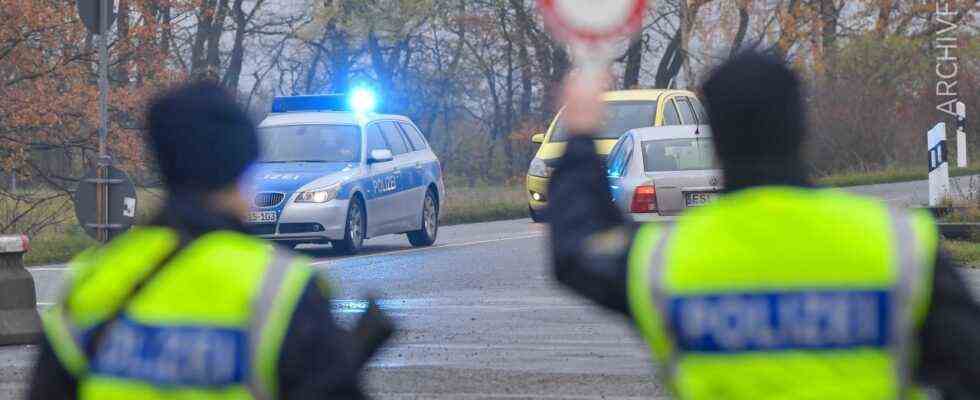A new wave of asylum is rolling towards Germany: by the end of September, for the ninth year in a row, 100,000 migrants had applied for asylum in Germany for the first time.
Horst Seehofer (72, CSU) is now reacting to the fire letter from the federal police union, which was revealed by BILD, calling for controls at the German-Polish border.
Seehofer is now apparently fighting for this. According to BILD information, the interior minister wants to bring the issue into the cabinet on Wednesday – and bring about a quick decision. Last week, Seehofer discussed with the federal police leadership to what extent border controls are feasible.
The chairman of the Federal Police Union, Heiko Teggatz (48), had previously sounded the alarm: In his letter to Seehofer, he urged the “introduction of temporary border controls to Poland”!
He wrote: “For several months the number of apprehensions has been increasing almost explosively”. Only with the introduction of temporary border controls could the federal government prevent a “collapse” at the borders like in 2015.
► Currently, the “number of findings of unauthorized entries and people smuggled at the border with Poland” corresponds to the 2013 figures at the Austrian border. The situation reached “its sad climax” in 2015 when the “collapse of the security architecture at the border” led to “uncontrolled entry of migrants to Germany”. That should “not be repeated again”.
Teggatz continues: “Our colleagues are also exposed to a significant health risk, since SARS-Cov-2 infections, especially in the migrants’ countries of origin (Iraq, Syria, Yemen, Iran, Afghanistan, etc.) are still very high and are only very rarely recorded by the authorities. “Hygiene regulations as are common in Germany and Europe would of course not be adhered to in the” smuggling process “.
The governments in Latvia, Lithuania and Poland accuse the Belarusian dictator Alexander Lukashenko (67) of bringing migrants and refugees from crisis regions to the EU’s external border in an organized manner. Lukashenko announced at the end of May that Minsk would no longer prevent migrants from continuing to travel to the EU – in response to tightened Western sanctions against his country. Since then, reports of attempted illegal border crossings at the EU’s external borders with Belarus and at the German-Polish border have increased.

